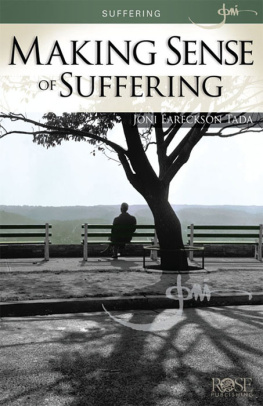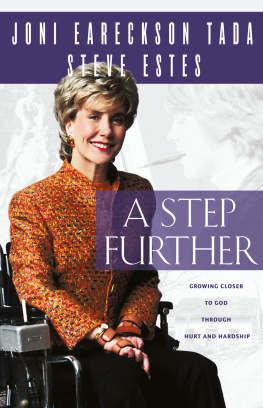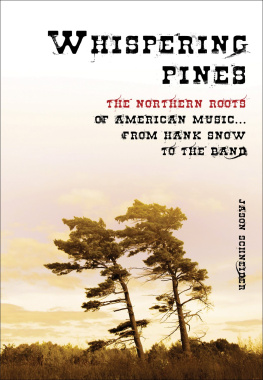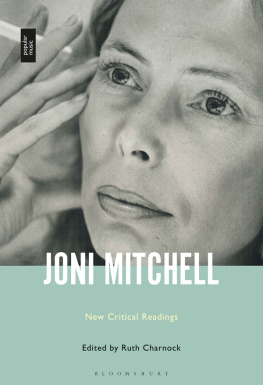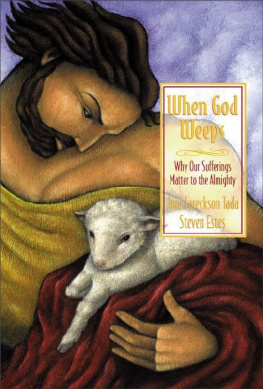Sommaire
Pagination de ldition papier
Guide
OTHER BOOKS IN THE MUSICIANS IN THEIR OWN WORDS SERIES
Bowie on Bowie: Interviews and Encounters with David Bowie
The Clash on the Clash: Interviews and Encounters
Cobain on Cobain: Interview and Encounters
Coltrane on Coltrane: The John Coltrane Interviews
Dolly on Dolly: Interviews and Encounters with Dolly Parton
Dylan on Dylan: Interviews and Encounters
Fleetwood Mac on Fleetwood Mac: Interviews and Encounters
Hendrix on Hendrix: Interviews and Encounters with Jimi Hendrix
Judy Garland on Judy Garland: Interviews and Encounters
Keith Richards on Keith Richards: Interviews and Encounters
Led Zeppelin on Led Zeppelin: Interviews and Encounters
Lennon on Lennon: Conversations with John Lennon
Leonard Cohen on Leonard Cohen: Interviews and Encounters
Miles on Miles: Interviews and Encounters with Miles Davis
Springsteen on Springsteen: Interviews, Speeches, and Encounters
Tom Waits on Tom Waits: Interviews and Encounters
The Who on the Who: Interviews and Encounters
Copyright 2019 by Susan Whitall
All rights reserved
Published by Chicago Review Press Incorporated
814 North Franklin Street
Chicago, Illinois 60610
A list of credits and copyright notices for the individual pieces in this collection can be found on pages .
ISBN 978-0-914090-44-1
Library of Congress Cataloging-in-Publication Data
Names: Mitchell, Joni, interviewee. | Whitall, Susan.
Title: Joni on Joni : interviews and encounters with Joni Mitchell / Susan Whitall.
Description: Chicago, Illinois : Chicago Review Press, [2019] | Includes index.
Identifiers: LCCN 2018021888 (print) | LCCN 2018022334 (ebook) | ISBN
9780914090366 (Pdf) | ISBN 9780914090403 (Mobipocket) | ISBN
9780914090441 (Epub) | ISBN 9780914090359 (cloth)
Subjects: LCSH: Mitchell, Joni. | Women singersCanadaInterviews. | SingersCanadaInterviews. | Women composersCanadaInterviews. | ComposersCanadaInterviews.
Classification: LCC ML420.M542 (ebook) | LCC ML420.M542 A5 2019 (print) | DDC 782.42164092 [B] dc23
LC record available at https://lccn.loc.gov/2018021888
Cover and interior design: Jonathan Hahn
Interior layout: Nord Compo
Printed in the United States of America
5 4 3 2 1
This digital document has been produced by Nord Compo.
For all good dreamers
INTRODUCTION
We need goddesses, but I dont want to be one.
Joni Mitchell to CBCs Jian Ghomeshi
Joni Mitchell is a goddess to her most ardent fans, whether she likes it or not, and to some critics, toothose who have been effusive in their praise for her mid-career albums, anywayBlue, Court and Spark, and Hejira.
In the summer of 2017, a group of National Public Radio contributors voted Blue number one on its list of The 150 Greatest Albums Made by Women. It was just the latest in a flood of accolades that have come her way since the turn of the century, partially soothing an ego bruised by her dismissal from a star-making machinery that prefers younger, more pliant women.
Joni earned her status as a pop legend with earthy, poetic images such as geese in chevron flight in Urge for Going, and the effortless way she could define a cultural moment with a lyric: They paved paradise and put up a parking lot. All this, and those unusual melodic intervals traced by that lissome voice.
In the 60s, Jonis writing saved her from being just another pretty coffeehouse blonde. She scribbled lyrics on any paper she could find, and these scraps bearing painterly words would fall out of her guitar case like confetti, delighting her manager, Elliot Roberts.
She was a pioneer, because it was impossible to identify women who had done what she wanted to do. It was business as usual when the male-dominated music industry tried to box her up in a more acceptable, understandable feminine persona. There were consequences for refusing to live a conventional feminine life. During her Laurel Canyon years, at a time in hip society when the line between friend and lover wasnt always sharply defined, Rolling Stone printed a chart with Jonis name in the center of a lipstick print. Lines pointed out from her name to those of Stephen Stills, David Crosby, and James Taylor. It got worse: later in 1971 the magazine proclaimed her Old Lady of the Year. Almost as bad were the Women in Rock features, when she was lumped in with female artists whose careers were almost entirely designed by men.
Born November 7, 1943, in Fort Macleod, Alberta, Joni bounced around several other dusty prairie towns with her parents, Bill and Myrtle Anderson, before they settled in Saskatoon. She was an artistic and musical child. Her first instrument was a hurdy-gurdyplayed backwards, of course. She swooned over Rachmaninoffs Rhapsody on a Theme of Paganini when she heard it in the 1953 movie A Story of Three Loves. Because her mother believed that guitars were the province of hillbillies, Joni bought a ukulele.
She was always singing, and not everybody was happy about it. While in the hospital in 1952, recovering from polio, Joni was ordered by the boy in the next bed to stop singing Christmas carols. She sang louder. Soon after, she joined a church choir where she volunteered to sing the descant, or countermelodyeven then, she was drawn to the less obvious, prettier melody.
Joni replaced the ukulele with a guitar while attending art college in Calgary, and with a friend, plunked out folk songs in coffeehouses for cigarette money. After moving to Toronto, she discovered that she was pregnant, but when her boyfriend (or, by her account, friend) Brad MacMath left her on her own and took off for California, she eked out a living working for a department store and playing in the lower rung of Toronto coffeehouses.
It didnt work out well. Pregnant and alone, she was reduced to accepting food from friends and strangers at her rooming house. So in February 1965, after Joni gave birth to a daughter, Kelly Dale, she surrendered her to foster careunder pressure, she said, from hospital staff who were cruel and scornful of her unwed status. But Joni had realistic fears that she couldnt support the baby.
That spring, Joni met Detroit folksinger Chuck Mitchell at a Toronto club. After a whirlwind courtship, they married in June at his parents suburban Detroit home, and she moved into his apartment in the inner city. Joni has said many caustic things about the marriage, and about Detroit (decadent and internally decaying, she said to the London Evening Standard in 1970), but the close to three years she spent in the Motor City with Chuck was when she found her voice as a songwriter.
Such early songs as Both Sides, Now and Circle Game sound as if they were written under endless prairie skies, or in hippie California, but it was in gritty Detroit that Joni scribbled their lyrics in a coffee shop. (A waitress advised her, just before the 1967 riots, that it wasnt safe for her to go there anymore.) Some of those songs, among the most iconic pop/folk anthems of the 1960s, were transcribed by a jazz musician with Motown credentials.
Only Chuck and Joni can say what really went on in their marriage. Joni did credit her first husband with setting up her publishing company, a strong clue that he took her writing seriously and knew she needed to protect it. Chuck also got her into the recording studio. The couple recorded several numbers at the Jam Handy studio on West Grand Boulevard in Detroit, produced by Chucks father, Scott Mitchell, who worked there.
In some interviews, Joni complained that Chuck, an English literature major, made her feel stupid for not having read the right books. But she also admitted that she probably wouldnt have read Saul Bellows



